No civilized society can long exist, with an active power in its bosom that is stronger than the law
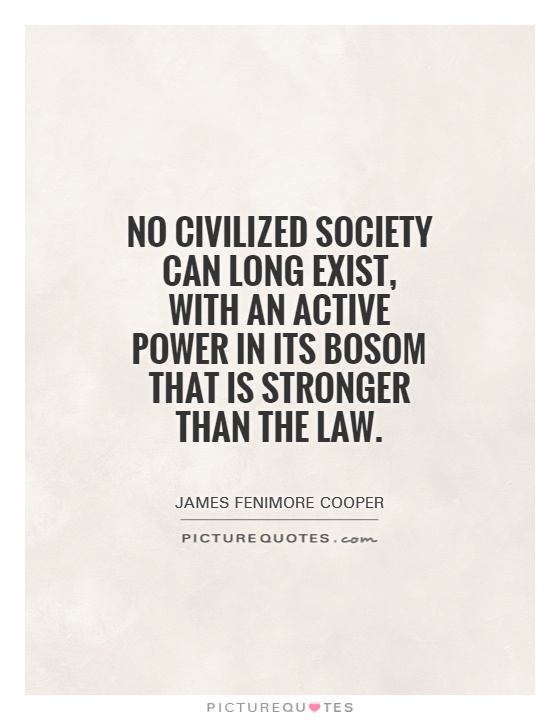
No civilized society can long exist, with an active power in its bosom that is stronger than the law
James Fenimore Cooper, a renowned American novelist, is best known for his works that explore themes of justice, morality, and the rule of law. In his writings, Cooper often delves into the idea that a society cannot thrive if there is a power within it that is stronger than the law. This concept is evident in many of his works, including "The Last of the Mohicans" and "The Deerslayer".In "The Last of the Mohicans", Cooper paints a vivid picture of a society on the brink of collapse due to the presence of powerful forces that defy the law. The novel is set during the French and Indian War, a time of great turmoil and conflict in American history. The characters in the novel must navigate a world where the rule of law is constantly challenged by the actions of individuals who seek to exert their own power and influence.
One of the central themes in "The Last of the Mohicans" is the idea that no civilized society can long exist if there are individuals who are able to act with impunity, outside the bounds of the law. The character of Magua, a cunning and ruthless Huron warrior, embodies this idea. Magua is driven by a desire for revenge and is willing to do whatever it takes to achieve his goals, even if it means breaking the law and causing harm to others. His actions threaten the stability of the society in which he lives, and ultimately lead to tragic consequences for himself and those around him.
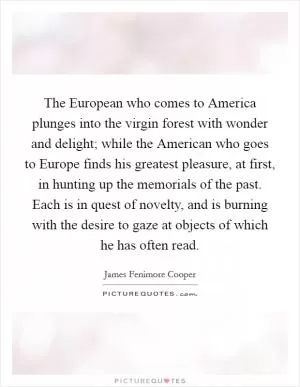
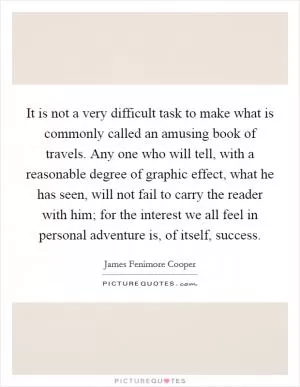
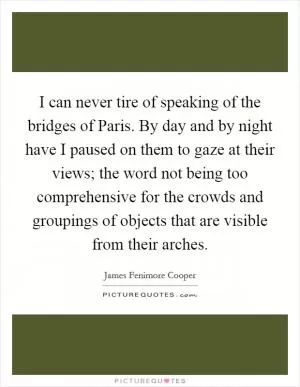
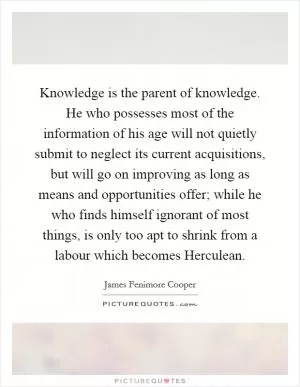
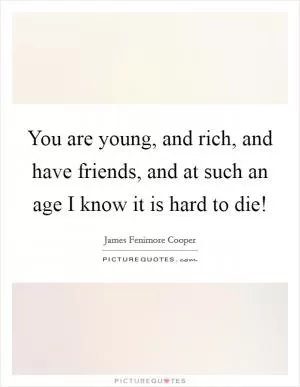
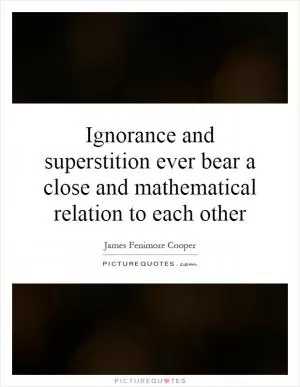
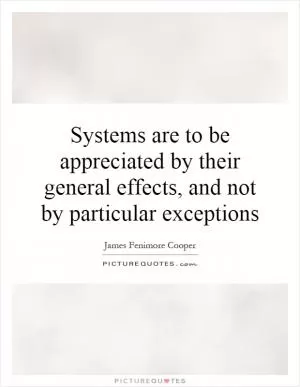
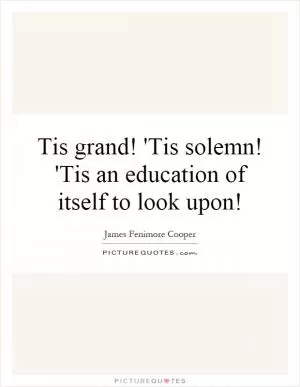
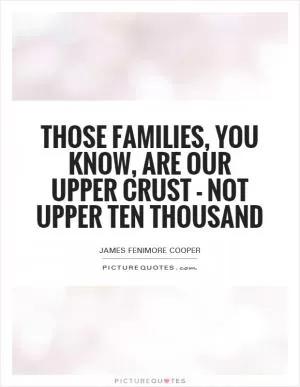
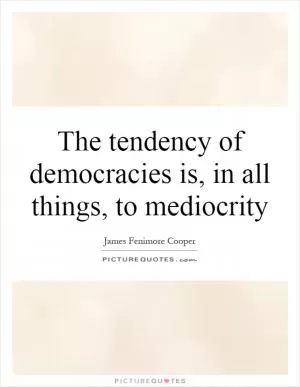
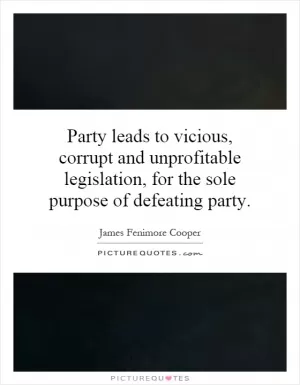
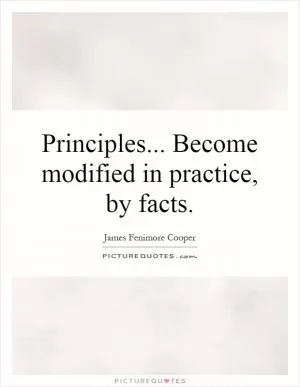
 Friendship Quotes
Friendship Quotes Love Quotes
Love Quotes Life Quotes
Life Quotes Funny Quotes
Funny Quotes Motivational Quotes
Motivational Quotes Inspirational Quotes
Inspirational Quotes